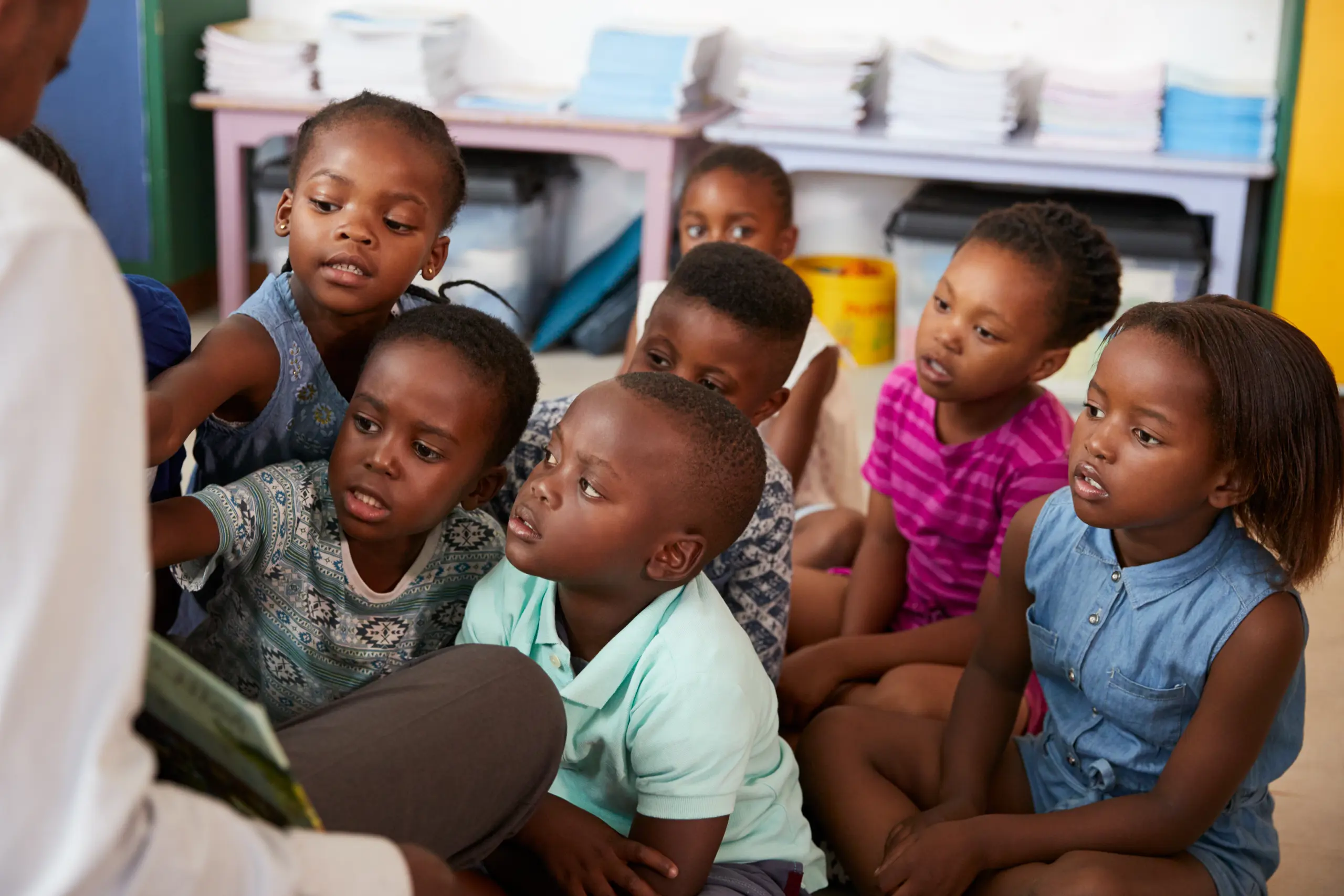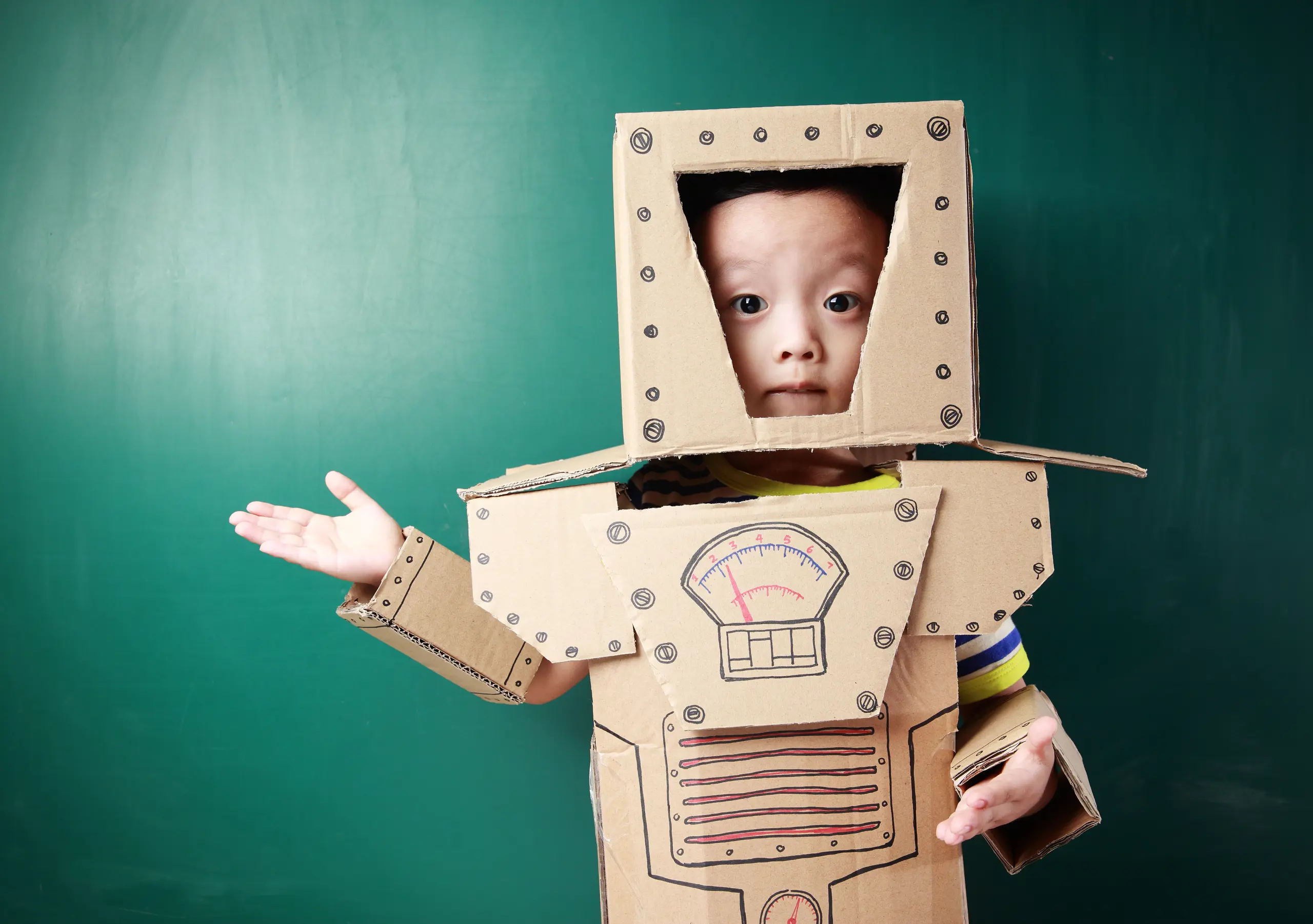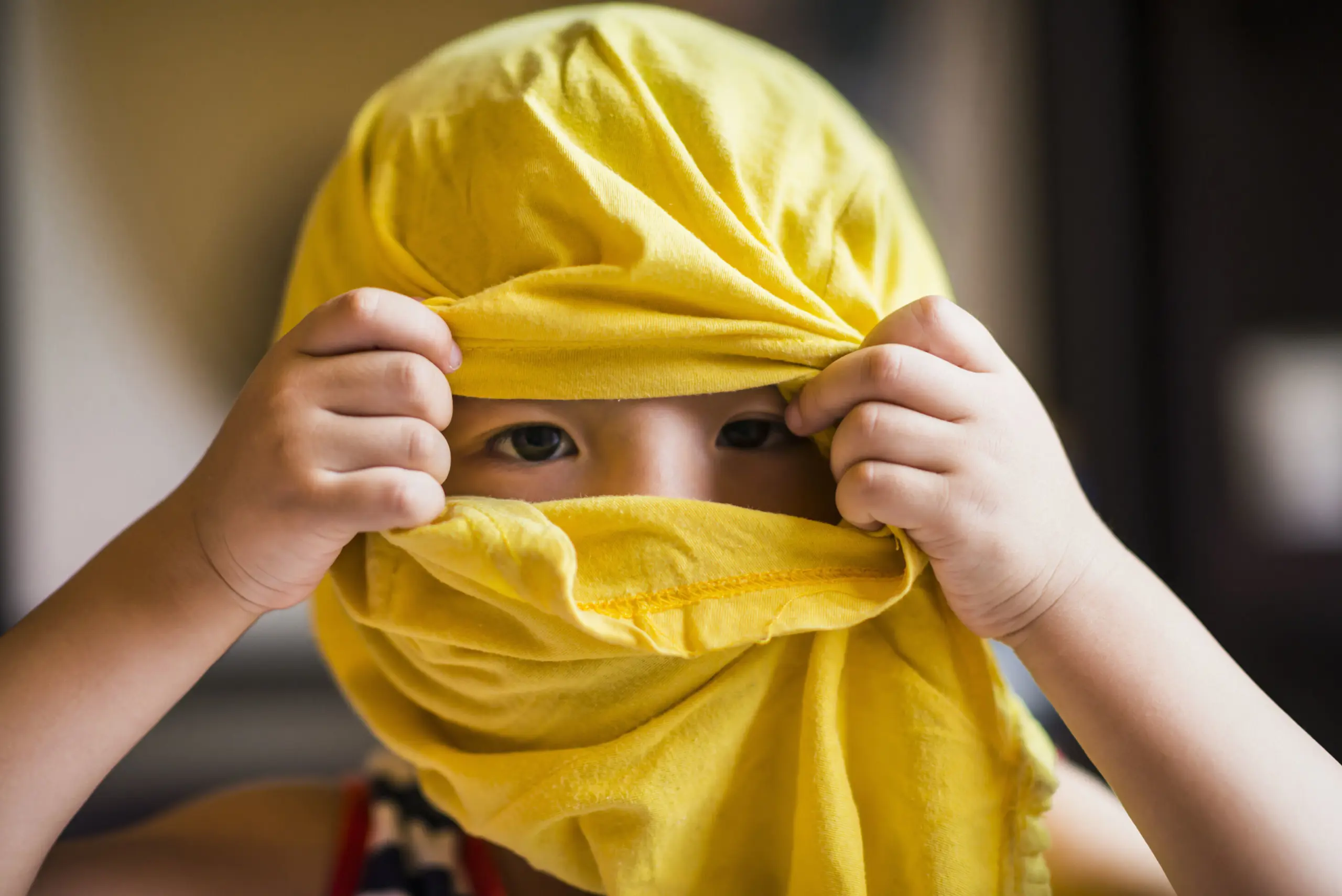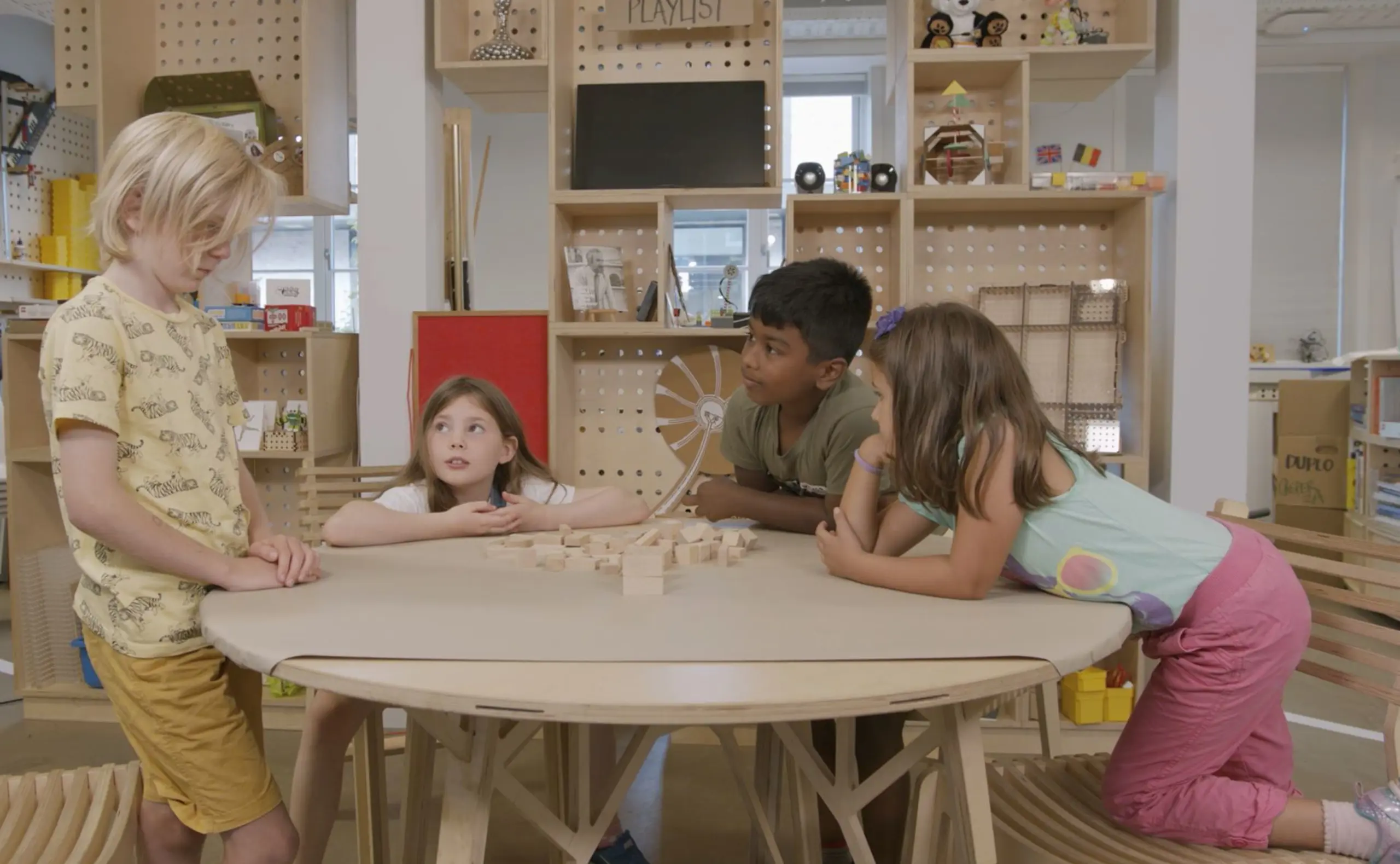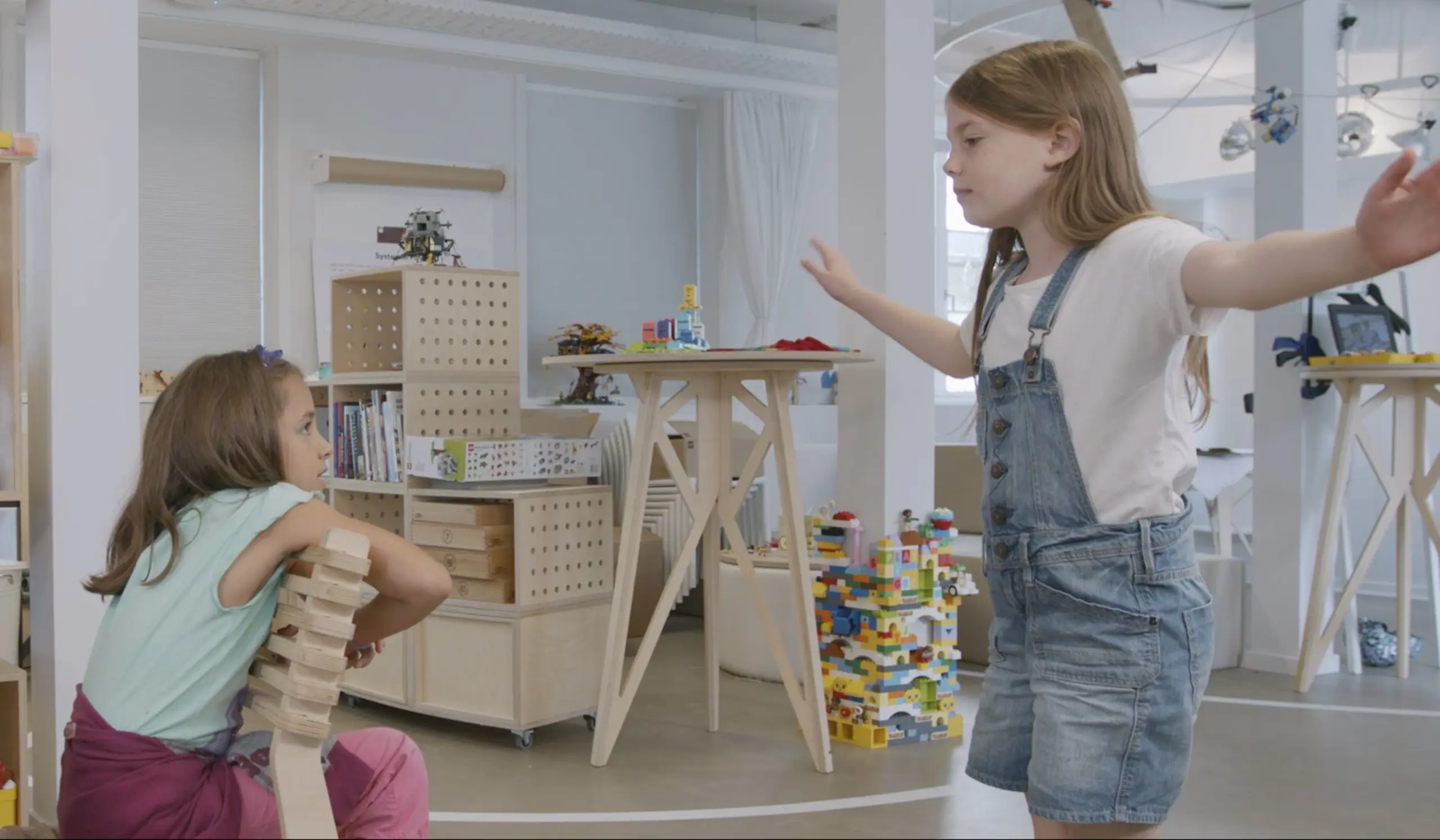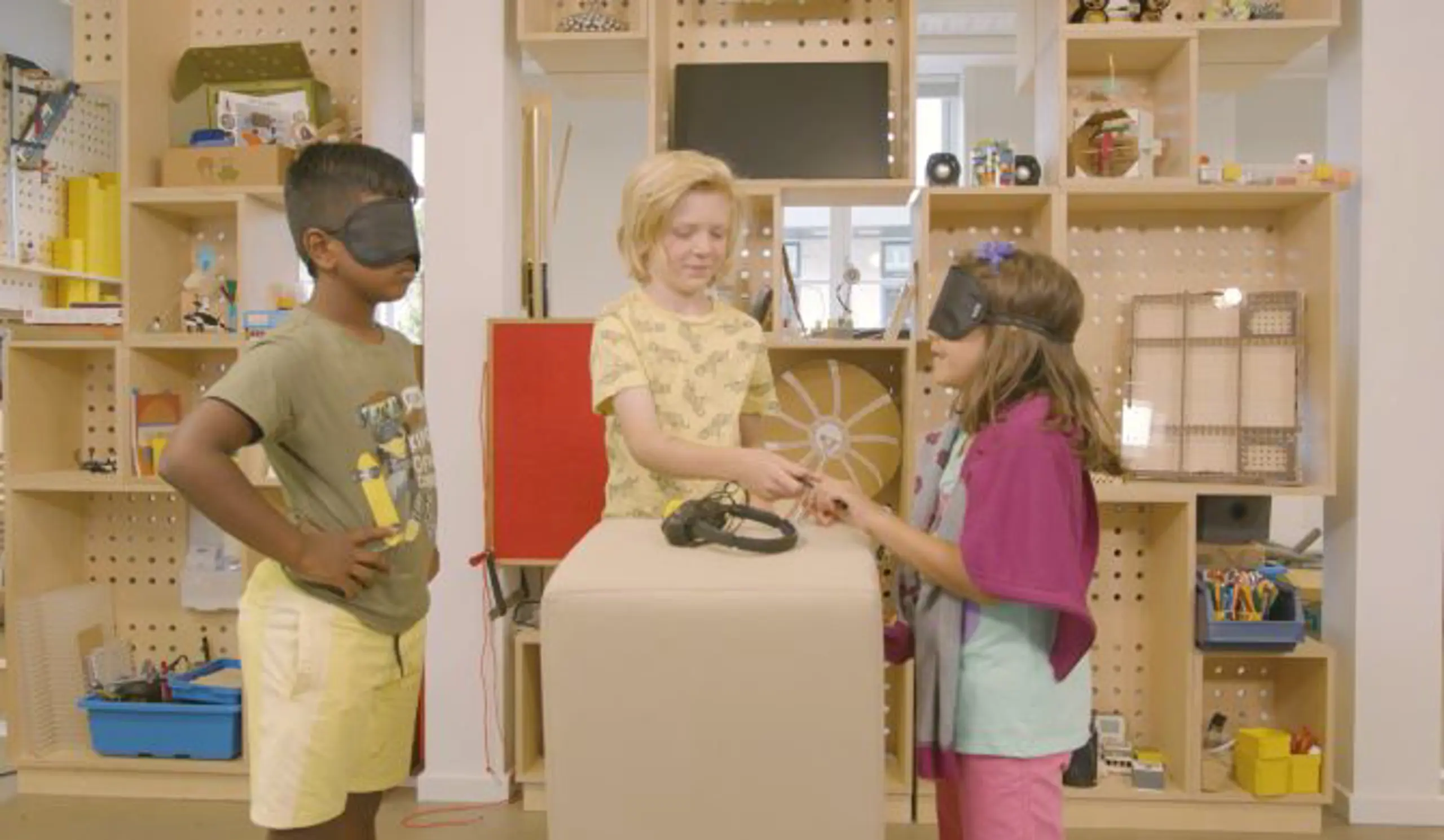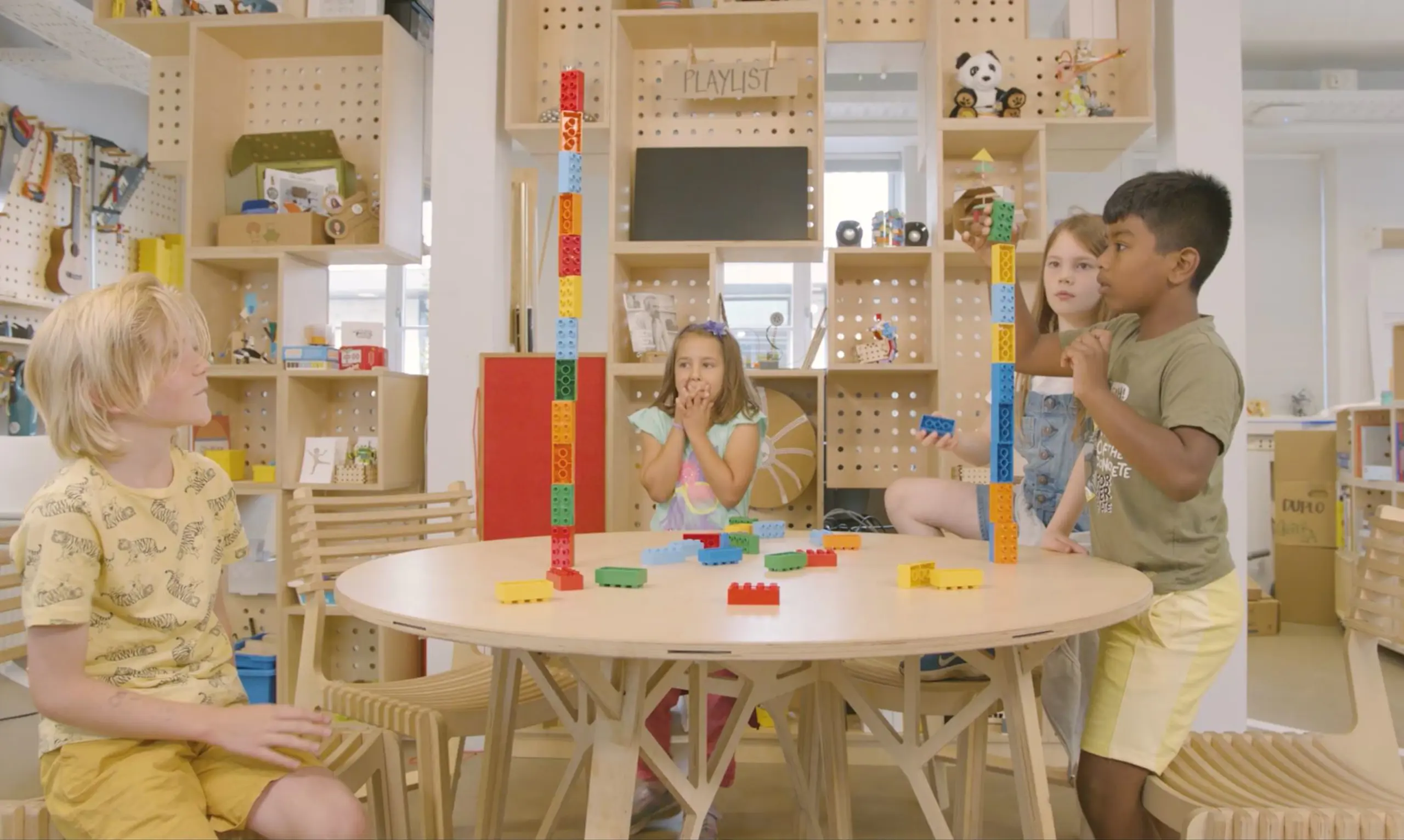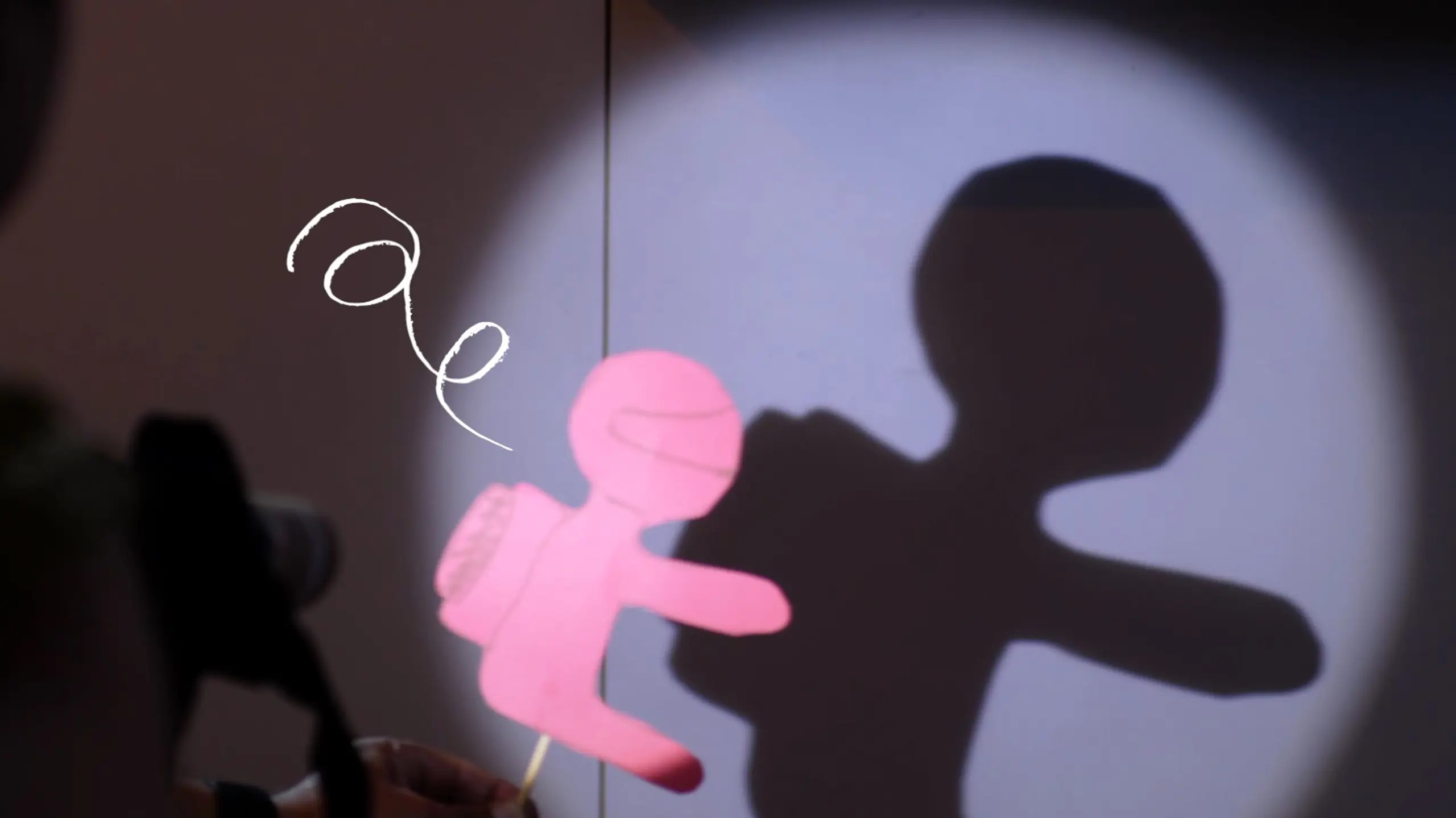Imagine a world where half our children grow up without the skills they need
We don’t need a crystal ball to see it: right now, it’s reality for 825 million children around the world. We need to get them ready for a life where robots and algorithms replace some kinds of work, while roles we never dreamed of spring up unexpectedly. The World Economic Forum predicts 85 million traditional jobs won’t exist by 2025 – but without the right skills, who’s going to do the 97 million new ones that appear in their place?

